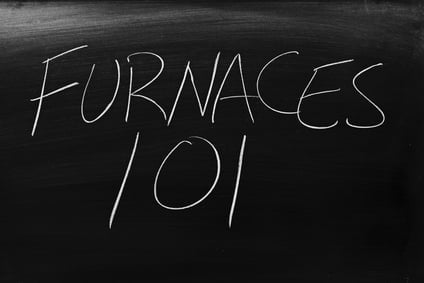Understanding Heating Systems in Your Home

One of the most frequently asked questions when showing a prospective buyer a home is, “What type of heating does it have?” This is usually because people are concerned about high heating costs. When we say a natural gas furnace everyone seems at ease; but, the minute we say anything different, you can see the look of fear on their faces. Just because we are not familiar with it, doesn’t mean it may not be better. Let’s have a look at some of the different types of heating systems that we come across in our area.
Forced Air Gas
This is pretty normal for us in this area. In towns like Orangeville, Shelburne or Grand Valley we fully expect newer homes to have a forced air – natural gas furnace. This is one of the least expensive types of heating systems for converting fuel into heat energy. Some times in rural areas they may use forced air –propane which is a very similar type of heat. Propane is a bit more expensive than natural gas but burns cleaner than an oil furnace.
Oil Furnace
Many older homes in our Dufferin area had oil furnaces. Mike and I did when we lived on our farm in Amaranth. I did always find the house dustier in the winter than the summer and only after a few years did I realize it was from the furnace. When we moved into Orangeville and had a natural gas furnace, I hated it! I always found the air coming out of the vents to feel “cold”. There is definitely a difference in the feeling of warmth from the converting of the oil to heat energy as opposed to natural gas. However, oil is not as green energy as natural gas. We take it for granted. When my daughter was looking for a home in rural Nova Scotia, we were so shocked to find out that no one even knows what “natural gas” is. Every home we looked at was either oil or electric. I asked about propane and they thought I was crazy. You could see the look of “you city folk talk crazy talk” written all over the realtor’s face.
Electric Heating
Electric heating has its pros and cons. Obviously with the cost of electricity here in Ontario we all shy away from electric. There is electric baseboard heating which does give you the option of controlling heat in areas that you are using and that are not being used. There is also forced air electric (if you have duct work) but if you did, you would want to switch to propane or natural gas right away.
Water
There are several different types of heating that involves water. Generally with this type of heating there is a boiler that heats the water and circulates it through a system of radiators in the home. The heat then transfers to the air to heat the room. This is such a nice moist heat. No static electricity in the winter time! You do need a source to fire up the boiler which is usually gas or oil. Water lines can even be laid under the flooring or in the concrete to provide radiant heating. Again, nothing beats walking around your home in the winter in your bare feet. This heating system is ideal for those with allergies as there is no fan blowing to send particulates into the air. A factor to consider is the type of flooring. Some flooring types are better conductors of heat than others, so this may limit your flooring selections should you choose radiant heat.
Heat Pump
This is the one I’ve been excited to try to explain to you. Most people really have no idea what it is and some who think they do, may be using the wrong terminology. Let me explain. There are basically 3 types of heat pumps: Air to air, water source or ground source. Ground Source is sometimes referred to as Geothermal. People tend to interchange these two terms but they really are not the same thing.
Geothermal heating is defined as using heat energy from the earth’s core such as from hot springs, geysers or volcanic hot spots. Forgive me if I am wrong, but I don’t believe we have any of those here in the Dufferin area!
Ground Source heating is defined as absorbing the heat from the sun’s energy in the shallow soil.
So technically we are usually referring to ground source heat pumps. I have had clients that insist this is “geothermal” heating but technically I believe it is really just ground source. So despite what you call it, how does it work? With Ground Source heat pumps, pipes are buried in the ground just under the frost line and have water or a combination of water & antifreeze in them. The fluid circulates through the pipes and the heat from the soil transfers to the fluid and basically “pumps” the heat into the home. The same works during the summer and moves the heat from the home to the ground and cools the home. This is the most energy efficient type of heating because you are moving the heat directly versus converting the fuel into heat energy. Typically this system is in rural areas because there is space for the pipes to be laid out in the ground and must be in the right type of soil as well must get sunlight to heat the soil. In areas that space is limited, there are systems called vertical loop, but this is typically for commercial applications.
Ground Source heat pumps have a backup of electricity to boost the heating system if needed. Even with this backup of electricity, heating costs are typically drastically less than other heating types. The initial cost of the installation of the system is many times what is prohibitive. Over the long haul it still tends to be very cost effective. The life expectancy of the components in the home is approximately 25 years and 50+ for the ground loops.
As you can see there are many different options and configurations for heating systems in your home. Not every system will be right for your personal situation. Your local, trusted realtor should be able to explain the different systems to you or at minimum have a reliable source to get the information. Know that the Mullin Group tries to keep as up-to-date and researches things that may be important to you, the home owner.

